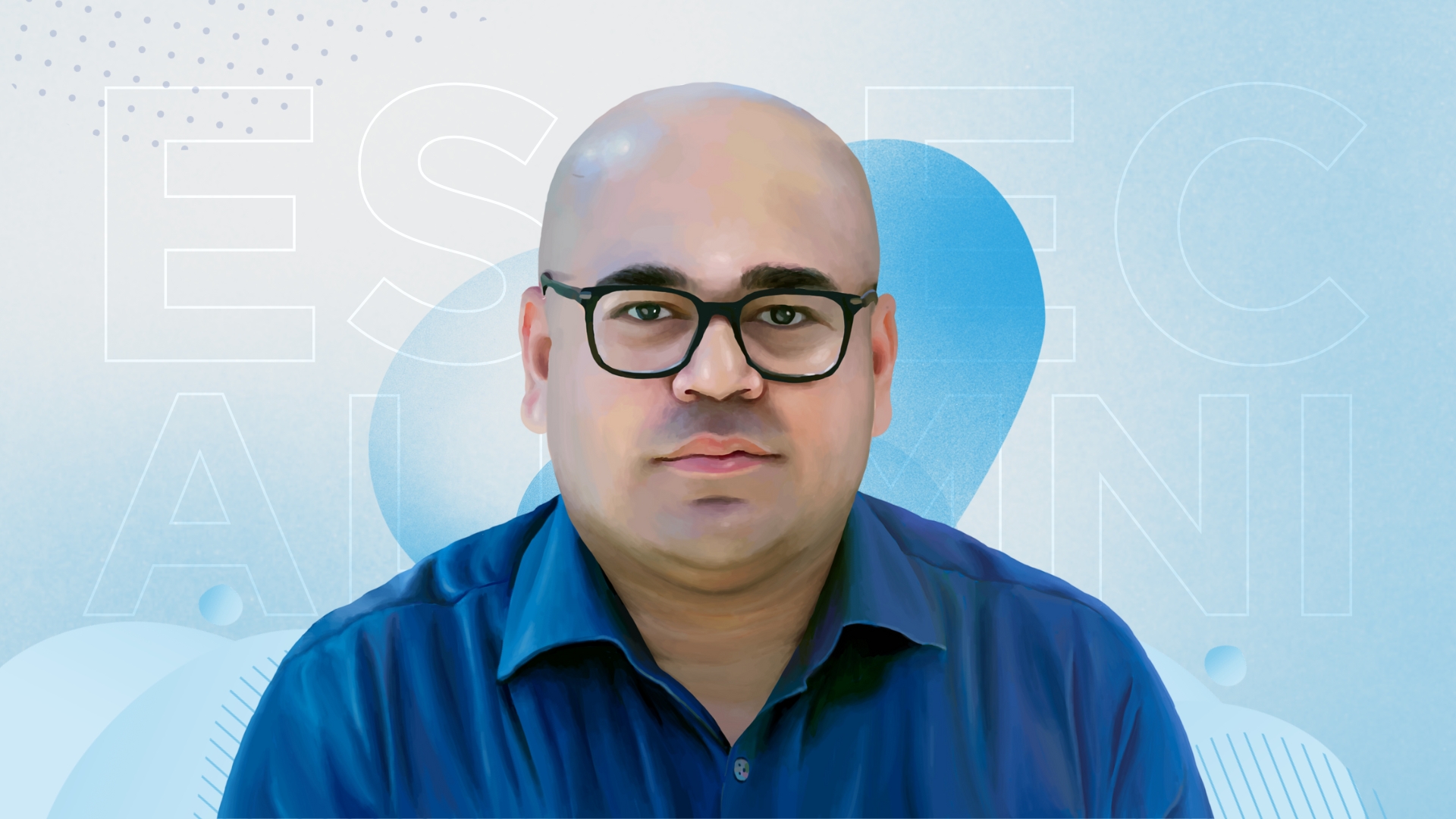- Digitalization aside, the hospitality sector will always be people first.
- It is essential to set off a virtuous cycle of care.
- No experience goes to waste, and a career does not always follow a linear path.
In his 16 years and counting in the hospitality sector, Soumonath Chatterjee has worn many hats, ranging from front-line staff to an ESSEC student, manager of hospitality consultancy and transaction services, and more. His exposure spans operations, finance, revenue management, and marketing—earning him the stripes of a genuine hospitality veteran.
Today, as the Director of Digital, Loyalty, and Customer Experience at French hospitality group Accor, Chatterjee juggles managing 55 hotels across 10 brands with the same vigor and enthusiasm he had when he first joined the sector.
What keeps him going? “Hospitality is one of the most dynamic industries in the world. It’s a people’s business, about people managing people.”
Getting Into the Business of People
He is remarkably matter-of-fact as he points out that no matter what brand or company, whether one’s food or beverage offerings and ambiance are five stars or just three, at the end of the day, “a hotel is a hotel.”
“What differentiates us is the personalization and the customization that we do for our customers,” he declares.
It’s a situation that has not changed as hotel owners transitioned from asset holders to brand managers—and it will not change even in the face of digital disruption, he says.
No doubt, the influx of third-party booking sites and online travel agents may have ramped up competition in the industry, so “today, business is won and lost on the digital platform”—but what businesses fight for remains the same—to win customers’ hearts.
Raising “Heartists” to Win the Battle
Hotels need help to do this because the sheer number of Standard Operating Procedures (SOPs) make it easy for people to fall prey to rote and routine. “That is where we fall short,” Chatterjee muses. “When we don’t express or exhibit passion when we serve.”
As a reminder of the need to break the manacles of mundanity and serve with passion, Accor refers to its associates as “artists”—a term that combines the words “heart” and “artists.”
It stems from the recognition that each staff member has different interests outside of work, whether in art, music, sports, or otherwise. Chatterjee says that Accor encourages them to bring these passions to work and to let them shine when they deal with customers so they can truly connect and care for the people they serve.
Accor management also leads by example and has taken steps to show its employees that they care. Case in point: When the COVID-19 pandemic hit, annual dividends to shareholders were transferred to a solidarity fund to support staff on the frontline.
“This was a huge testimony for us to see at a global level how a company can truly be compassionate to its employees,” adding that actions like this are precious as they can set off a virtuous cycle. “If I care for my people—my associates—they care for our customers or business partners.”
Reflections From the Decades
Reflecting on his time in the hospitality sector, Chatterjee muses that one of the biggest lessons he’s gained is that progress is not always linear.
He discovered this early on in his journey at the Taj Group of Hotels, Resorts & Palaces when he became one of the youngest front office managers in the group. His task—to reposition the hotel as a luxury offering- had sometimes seemed indomitable, but what seemed like setbacks then set the stage for him to lead today.
“My biggest takeaway was becoming more compassionate,” he recalls. “The experience catapulted me forward and gave me the insights I needed to become a formidable leader and take on much more challenging roles ahead.”
Doing an MBA in hospitality at ESSEC Business School and then pivoting his career from hospitality consultancy to sales and marketing—which at the time may have seemed unconventional and could have slowed his ascent—are what have enhanced his understanding of the sector, allowing him to bring value to his work each day.
So, for the bright-eyed and bushy-tailed graduates looking to break into this sector, his advice is this: “Be open to learning and working in different positions, spheres, and domains.” After all, career growth, like life, does not follow a single, direct trajectory. As challenges abound, it is perhaps reassuring to know that “no amount of experience will ever go to waste.”
RELATED POSTS
Alumni Spotlight: Career Paths After ESSEC Asia-Pacific
From Singapore classrooms to global careers—real journeys from our graduates.
ESSEC Alumni: Where Are They Now
Five ESSEC alumni prove post-graduation success spans industries through gap-spotting, risk-taking, and applying Singapore-honed mindsets to build…
From Classroom to Career: MMD Alumni at Leading Luxury Brands
ESSEC's MMD program produces graduates who are in demand by prestigious luxury brands, including Christian Dior, Cartier, and Moët Hennessy, through…
ESSEC Alumni Vanessa IIoste: Human Resources Vice President Advocates for Diversity, Equity and Inclusion
Vanessa Iloste's journey from ESSEC to Sephora's HR leadership in Asia highlights her commitment to nurturing talent, championing diversity, and…
ESSEC Alumni Alexandre Chieng: Success Comes from Contribution not Accumulation
Alexandre Chieng, an ESSEC alumnus, has made a significant impact in China's business world, emphasizing the importance of bold choices and…
ESSEC Alumni Pierre Clément: CEO Turned Entrepreneur Extols the Need for Attitude Over Experience
Pierre Clément, an ESSEC alumnus, exemplifies the spirit of innovation and leadership, transitioning from CEO at The Kooples to launching his own…








